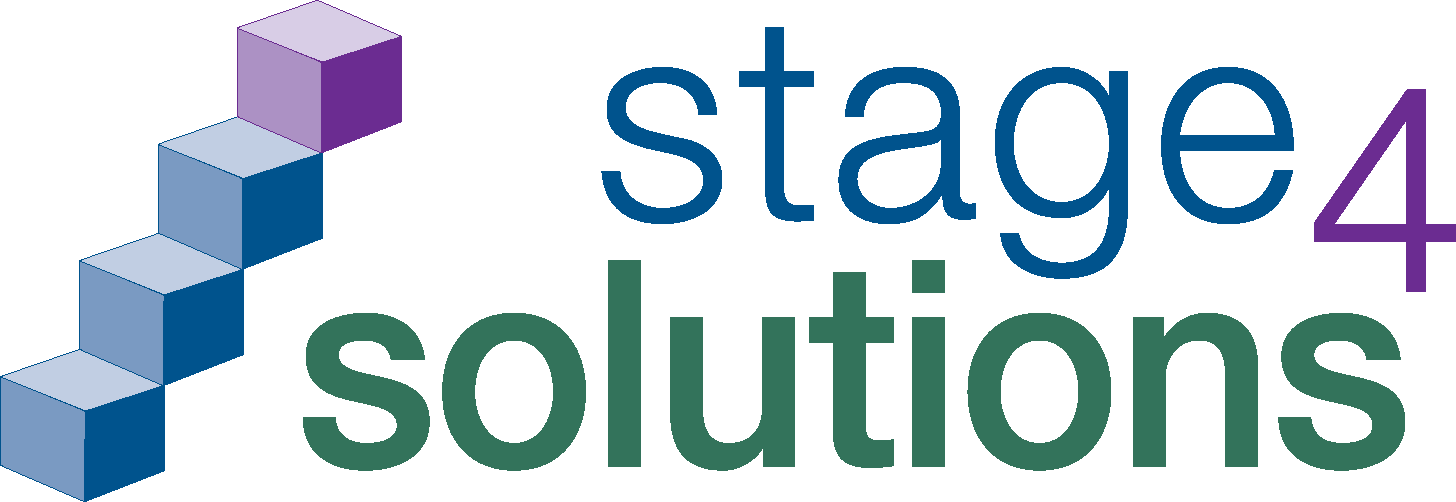The Crucial Role of Mental Well-Being in the Workplace
- January 22, 2024
- Posted by: Stage 4 Solutions
- Category: Blog

In the dynamic landscape of the modern workplace, the conversation around mental health has emerged as a critical factor not only for the well-being of employees but also for the financial health of companies. Not only missed workdays but also “presenteeism” (where employees may physically show up for work but struggle to be truly present) has a significant impact on the bottom line. Recognizing the direct link between mental well-being and organizational productivity is essential.
According to the American Psychiatric Association, unresolved depression results in a 35% reduction in productivity, contributing to a yearly loss of $210.5 billion in the US economy due to productivity decline, medical costs, and absenteeism. Depressed employees, on average, miss 31.4 days of work annually. Anxiety and chronic stress also hinder employee performance, leading to decreased effectiveness and costly mistakes. Mental health issues not only impact engagement and productivity but also affect creative efforts and decision-making abilities. According to Qualtrics’ study, individuals without mental health issues spend 23% less effort in executing creative work than their counterparts facing mental health challenges.
The latest federal data analyzed by KFF researchers reveals that in 2023, young adults aged 18-24 in the US – the new generation entering the workforce – are more prone to symptoms of anxiety or depression compared to older age groups. 50% of individuals in this age range reported such symptoms, while about a third of adults overall experienced them.
According to the Business Group on Health’s 2024 Large Employer Health Care Strategy Survey, the most considerable long-term impact attributed to the pandemic is noted in the escalation of mental health challenges. In 2022, 44% of employers observed a surge in mental health issues, and in 2023, the number rose to 77%, with an additional 16% anticipating a future increase. In response to this trend for 2024, employers expressed a heightened focus on addressing mental health concerns. Their strategies include enhancing access to mental health services by expanding support options and reducing financial barriers to care.
As a response to the increase in mental health challenges in the workplace, in October 2022, U.S. Surgeon General Vivek Murthy, MD, released the office’s first-ever Surgeon General’s Framework for Workplace Mental Health and Well-Being which has been shaped by insights from psychological science. This framework highlights the fundamental responsibility of workplaces in fostering the psychological health and overall well-being of both employees and the broader communities they serve.
The framework consists of five essential components crucial for advancing workplace mental health and well-being: protection from harm, encompassing security and safety; connection and community, involving social support and a sense of belonging; work-life harmony, characterized by autonomy and flexibility; mattering at work, which includes considerations of dignity and meaning; and finally, the opportunity for growth, encompassing elements of learning and accomplishment.
This comprehensive approach reflects a commitment to creating environments that not only safeguard employees but also actively contribute to their mental and emotional flourishing. This framework can be utilized by all organizations to re-evaluate existing policies or create new policies. Some mental health perks include flexible work engagements, mental health days, access to therapy or counseling sessions, and employee assistance programs. It is without doubt that the overall company culture and work environment plays a key role in employees’ mental health in addition to the perks.
Looking at the trends and data, it is evident that mental health problems will continue to impact individuals and organizations. While the detrimental effects of poor mental health are evident, some employers may not yet comprehend the direct link between business outcomes and their employees’ mental health. It is important for companies to proactively address the mental health needs of their workforce to ensure employee well-being and the overall success of the business in a competitive market. Dissatisfaction or disengagement among employees can have a pervasive and adverse impact on various aspects of the business. Taking proactive measures in promoting mental health is more beneficial and effective than reacting to issues after they arise. What is your organization’s strategy to ensure the overall health and vitality of the workforce? Please share with us.

